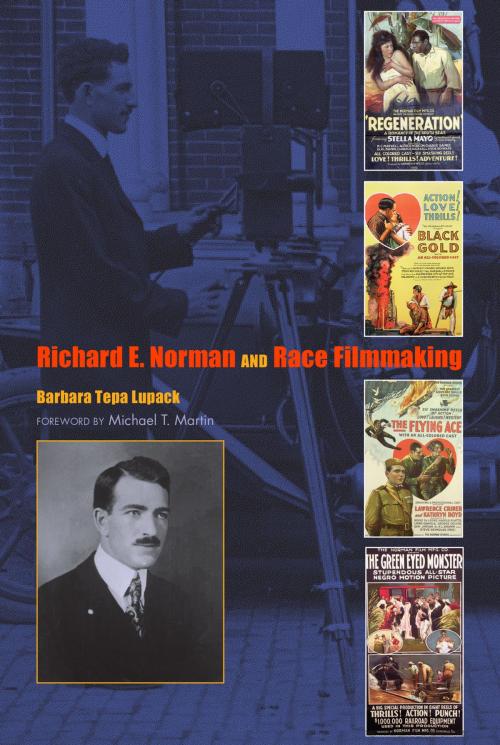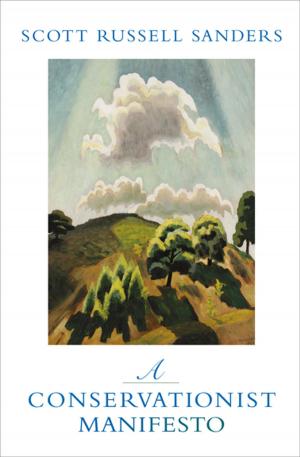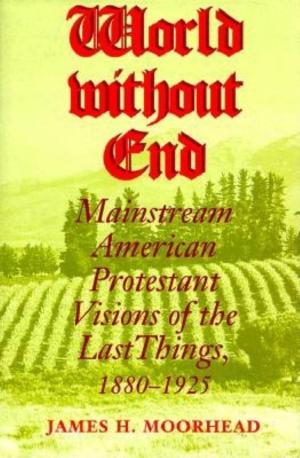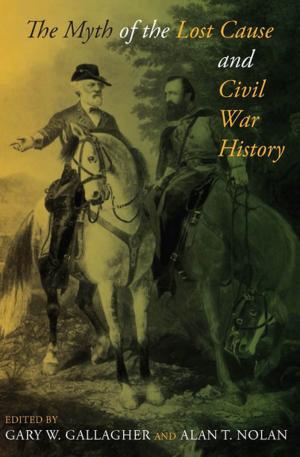Richard E. Norman and Race Filmmaking
Nonfiction, Entertainment, Film, History & Criticism, Performing Arts, Biography & Memoir, Entertainment & Performing Arts| Author: | Barbara Tepa Lupack | ISBN: | 9780253010728 |
| Publisher: | Indiana University Press | Publication: | November 8, 2013 |
| Imprint: | Indiana University Press | Language: | English |
| Author: | Barbara Tepa Lupack |
| ISBN: | 9780253010728 |
| Publisher: | Indiana University Press |
| Publication: | November 8, 2013 |
| Imprint: | Indiana University Press |
| Language: | English |
In the early 1900s, so-called race filmmakers set out to produce black-oriented pictures to counteract the racist caricatures that had dominated cinema from its inception. Richard E. Norman, a southern-born white filmmaker, was one such pioneer. From humble beginnings as a roving "home talent" filmmaker, recreating photoplays that starred local citizens, Norman would go on to produce high-quality feature-length race pictures. Together with his better-known contemporaries Oscar Micheaux and Noble and George Johnson, Richard E. Norman helped to define early race filmmaking. Making use of unique archival resources, including Norman's personal and professional correspondence, detailed distribution records, and newly discovered original shooting scripts, this book offers a vibrant portrait of race in early cinema.
In the early 1900s, so-called race filmmakers set out to produce black-oriented pictures to counteract the racist caricatures that had dominated cinema from its inception. Richard E. Norman, a southern-born white filmmaker, was one such pioneer. From humble beginnings as a roving "home talent" filmmaker, recreating photoplays that starred local citizens, Norman would go on to produce high-quality feature-length race pictures. Together with his better-known contemporaries Oscar Micheaux and Noble and George Johnson, Richard E. Norman helped to define early race filmmaking. Making use of unique archival resources, including Norman's personal and professional correspondence, detailed distribution records, and newly discovered original shooting scripts, this book offers a vibrant portrait of race in early cinema.















